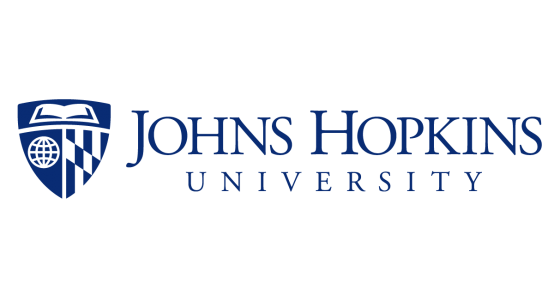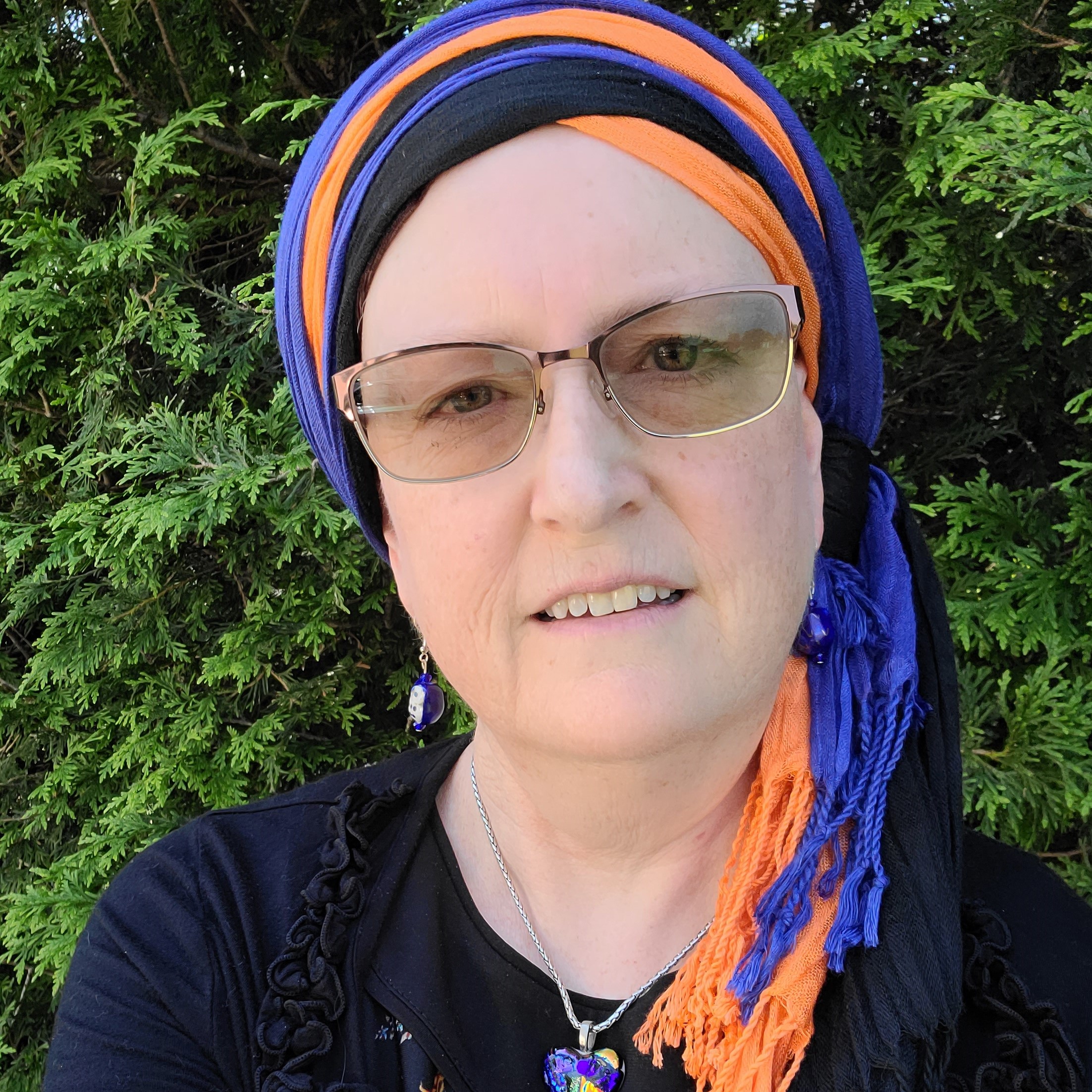Course Title:
Physical Science in the STEM Integrated PreK-6 Classroom, SOE
Summary:
This course was developed to serve experienced Science, Technology, Engineering, and Mathematics (STEM) teachers seeking to be curriculum leaders. However, the graduate students enrolled have typically been novice classroom teachers from non-STEM backgrounds. A central course objective is developing effective science instruction through an equity and diversity lens, and the course employs a variety of UDL principles. More explicitly drawing attention to how UDL was modeled in the course design enabled the graduate student educators to effectively employ similar strategies within their own K-12 teaching contexts (Moore, 2017).





